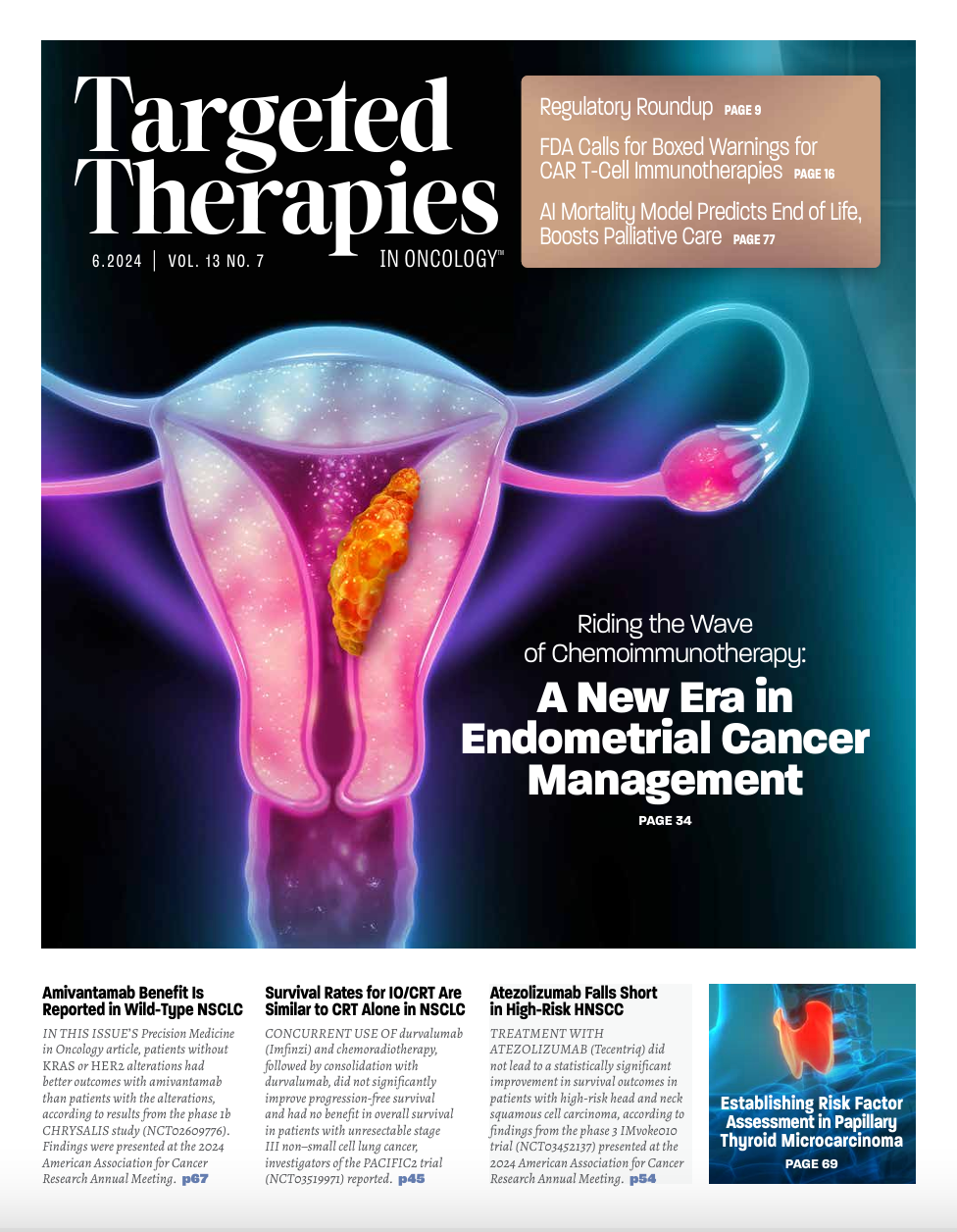Addressing Clinical Trial Challenges in the Outpatient Setting
The national shortage of nurses and health care support staff has spilled over to the clinical research space.

DEVELOPING A CLINICAL trials program in the outpatient setting has many challenges that include staffing, establishing physician- investigator roles, contract negotiations, and publication and manuscript development. The national shortage of nurses and health care support staff has spilled over to the clinical research space. It is extremely difficult to find and hire experienced clinical trial nurses and clinical research coordinators. Once hired, staff retention is a significant challenge. Aggressive recruiting by industry, contract research organizations, competing academic medical centers, and health systems for the limited staff is widespread.
Physician-Investigators
These challenges have further amplified the need and importance for completely engaged physician-investigators.
Engagement becomes challenging, particularly in the community or community-academic hybrid setting where compensation is frequently tied to clinical productivity and quality.
The physician perspective of “I am so busy clinically, I do not have time, and there is no incentive to participate in clinical trials” is not uncommon. Addressing this challenge requires creativity supported by the highest levels of the organization. Solutions might include carving out sufficient time to participate in research or decreasing the overall work relative value unit (RVU) expectation.
We continue to see clinical trial-related technologies outpace guidance and regulation from the regulatory agencies. Advances in generative artificial intelligence, machine learning, mobile medical technologies and wearable technologies, telemedicine, and decentralized clinical trials (DCTs) are a few examples. Although both the FDA and Office for Human Research Protections (OHRP) have released various guidance documents (DCTs for drugs, biological products and devices, digital health technologies for remote data acquisition, etc), clinical trial sites at times struggle with navigating the associated regulatory, ethical, and privacy ramifications.
Specific challenges might include, understanding whether a device used in a DCT is a medical device and whether it is subject to the investigational device exemption requirements; understanding the principal investigator (PI) oversight requirements; or understanding the internal review board’s (IRB) role when an end-user license agreement is associated with the use of a mobile application.
These challenges were discussed in an interview with Scott J. Lipkin, DPM, and Targeted Therapies in Oncology.
Targeted Therapies in Oncology: At initiation and start-up, what considerations need to be made?
LIPKIN: Consider the objectives of the proposed research activity, the validity to the current body of science, regulatory and operational considerations, and funding. In addition, consider the track record of the PI and the bandwidth of the biostatisticians, medical writer, and data managers.
What is the role of the IRB?
We have established institutional procedures to outsource all multisite clinical trials to an independent IRB. This move was put in place in anticipation of the FDA’s harmonization with the OHRP common rule regulations. Prior to outsourcing IRB review, a local context review of the proposed research is conducted. We maintain an accredited human research protection program through the Association for the Accreditation of Human Research Protection Programs, Inc.
Once you have launched the trial, how do you keep it running?
Operationally, we have incorporated accrual monitoring as part of the Protocol Review and Monitoring Committees [PRMC] responsibility. Our clinical trial management system tracks actual accruals to anticipated accruals. On a rolling 6-month basis, investigators with low accruals receive a formal notification from the PRMC and must justify the low accrual. PI responses are reviewed by a PRMC subcommittee who is authorized to close the study.
How are the data shared and a manuscript plan implemented?
Sharing data with outside entities for investigator-initiated trials is determined prior to initiation of the protocol. The terms and conditions are memorialized in a data use agreement. Publication of study results is led by the PI, who will engage biostatisticians, subinvestigators, and other subject matter experts as needed.
Scott J. Lipkin, DPM, is vice president and chief research officer, Baptist Health South Florida, in Miami and chief research officer at Miami Cancer Institute.

Survivorship Care Promotes Evidence-Based Approaches for Quality of Life and Beyond
March 21st 2025Frank J. Penedo, PhD, explains the challenges of survivorship care for patients with cancer and how he implements programs to support patients’ emotional, physical, and practical needs.
Read More


















